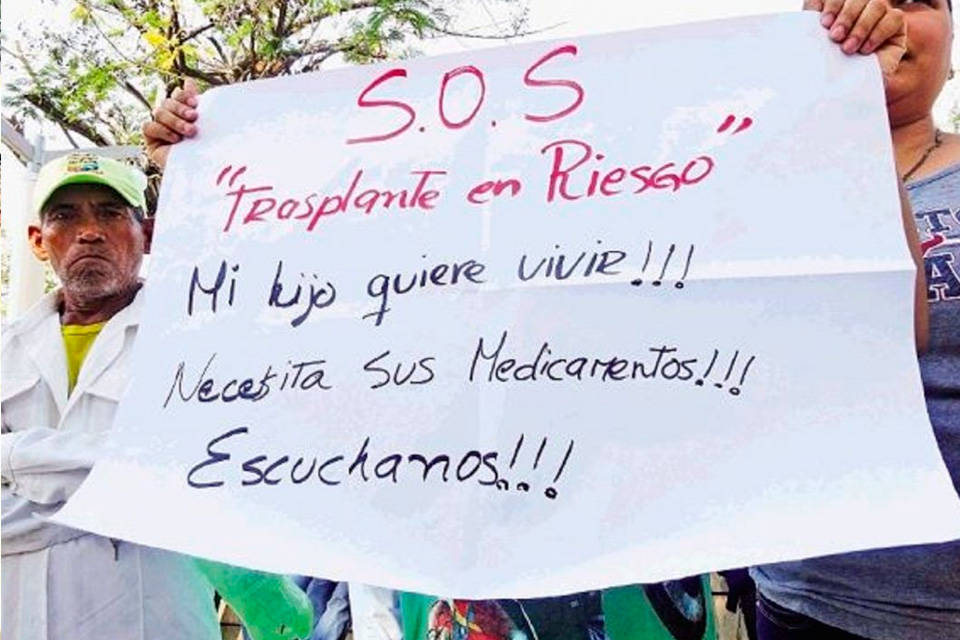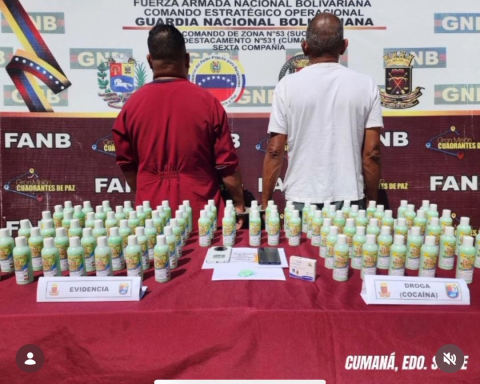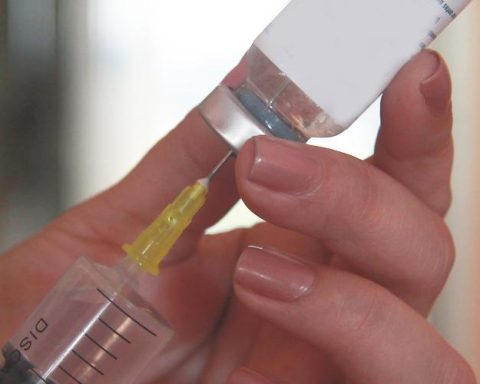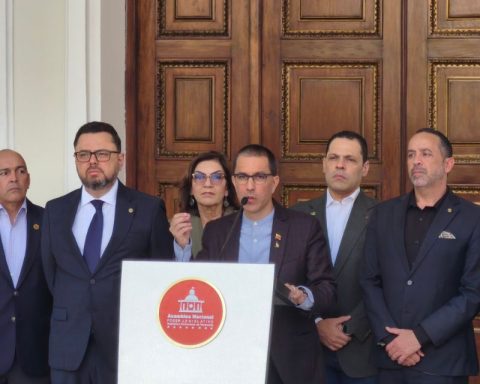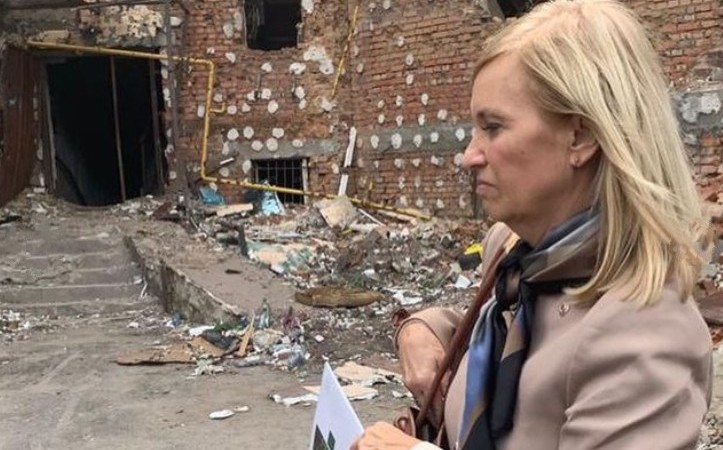In Venezuela there are 2,581 transplant recipients who depend on immunosuppressants. According to data from Transplanted Friends of Venezuela, between 2016 and 2022 there have been more than 117 preventable deaths due to inconsistent and incomplete delivery of these medications
Failures in the delivery of immunosuppressive drugs for transplant recipients have been maintained since March 2022, due to delays and the change in modality implemented in the high-cost pharmacies of the Venezuelan Institute of Social Security (IVSS).
The NGO Transplanted Friends of Venezuela (ATV) denounces that in nine states mycophenolate is not delivered in any of its presentations. There are also failures in the delivery of cyclosporine.
Claudia Marcano lives in Yaracuy and assures that since December mycofelonate has not been delivered in any of her presentations. For weeks she decided, together with a group of transplant recipients, to file the complaint about the failures directly at the IVSS offices of that entity.
Immunosuppressants, also known as anti-rejection medications, are chemicals created to prevent a person’s immune system from damaging the transplanted organ. In June had already been reported the shortage of mycophenolate and cyclosporine, as well as prednisone, tracolimus and aziatropine.
Reymer Villamizar, director of the NGO, highlights that a few days ago the IVSS delivered only mycophenolate sodium, with an expiration date of May 2022, which makes them presume that the stock of this medicine has run out. But there are states like Yaracuy, Anzoátegui or Zulia where it has not yet been delivered, even for six months as Claudia Marcano says.
The change in the delivery modality in the IVSS high-cost pharmacies, which went from withdrawal to “personalization” in the shipment and delivery of medications, also causes problems for transplant recipients, since some receive full treatment and others simply nothing.
This “personalization” began almost a year ago in Carabobo, Villlamizar points out, and then spread to the states of Aragua, Táchira, Zulia and Los Teques (Miranda). “There is no accuracy, but we believe that it is a measure to render the drugs.”
In the state of Táchira, where this modality was implemented, patients reported failures in the delivery of immunosuppressants since June. That month, the director of the Dr. Patrocinio Peñuela Hospital (San Cristóbal), Rafael Medina, promised to promptly deliver the medicines, but they are still waiting.
2,581 people across the country have a transplant and depend on this type of medication. According to ATV data, between 2016 and 2022, more than 117 preventable deaths have been recorded due to inconsistent and incomplete delivery of immunosuppressants.
The director of Transplanted Friends recalls that failures in the delivery of immunosuppressants have a direct impact on the health of transplant recipients, who must undergo regular tests to assess whether the levels of the drug are those required in the blood to avoid rejection of the organ.
“The fact of not having the medicines is a serious problem because later you have to change the pharmacological scheme, which is not easy. The fact of having to change it (the treatment) puts them in despair. It is a hard blow and it is an uncertainty that people with this health condition experience and depend on deliveries from social security pharmacies », he points out.
Post Views:
3
